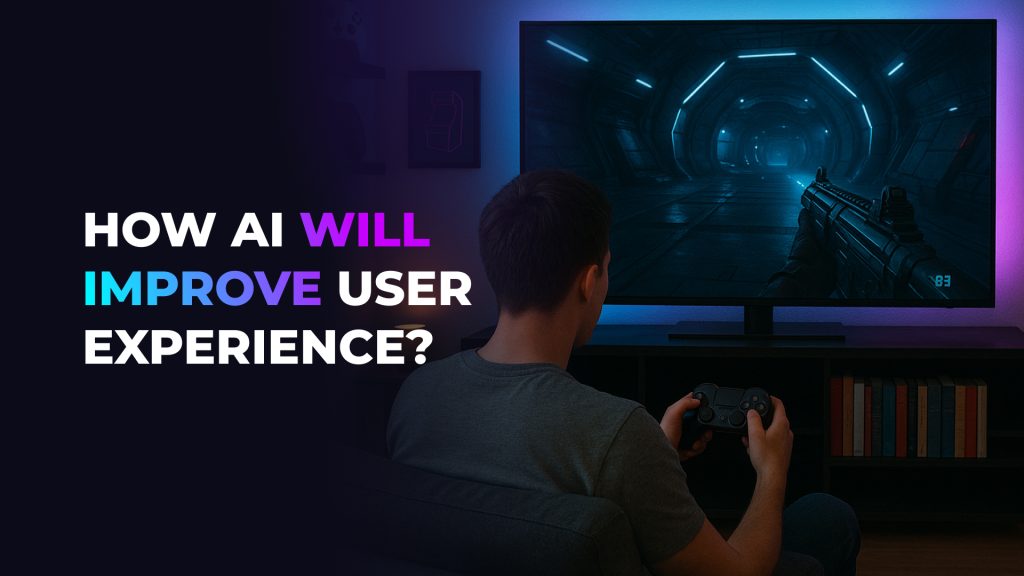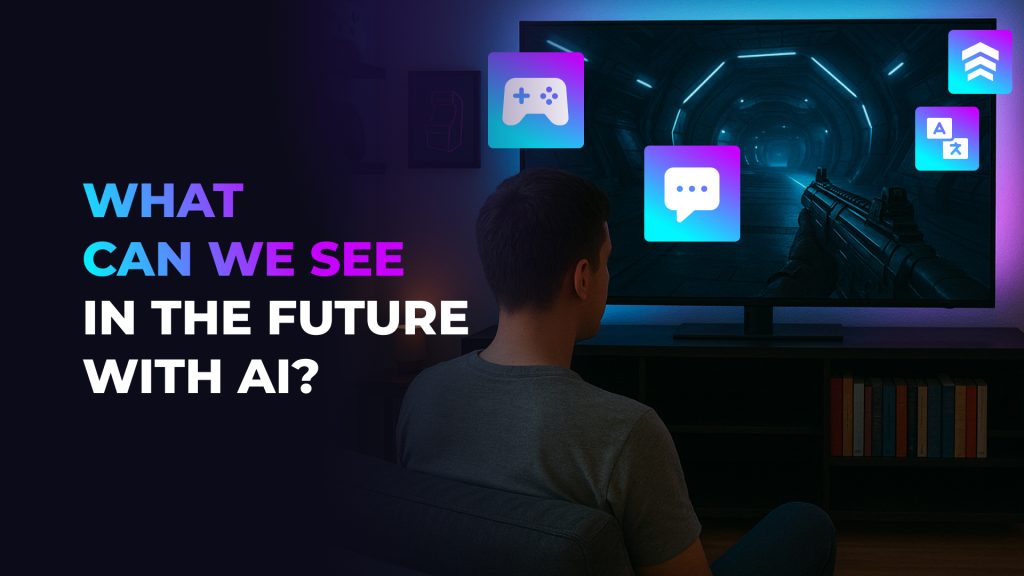How AI Will Transform Cloud Gaming Experiences
Cloud gaming has already made games more accessible, removing hardware barriers and letting players enjoy AAA titles on nearly any device. But the next leap forward isn’t just about streaming quality or platform reach. It’s about intelligence. AI is set to redefine how we interact with cloud games, shaping everything from user experience to how games respond and evolve.
AI in the Broader Tech Ecosystem
AI is already central to many digital experiences: it powers recommendations on streaming platforms, enables voice assistants, filters spam, and even drives real-time customer support. Its growing role in tech is defined by one core strength -personalization at scale.
In gaming, AI has traditionally been associated with NPC behavior or procedural content generation. But its capabilities have expanded significantly. Today, AI is becoming a key enabler of more adaptive, seamless, and accessible cloud gaming.

Where AI Can Take Cloud Gaming Next
Cloud gaming has already made massive strides – from high-fidelity streaming to instant access on nearly any device. But its future lies in intelligent evolution. As platforms scale and user expectations grow, AI presents a chance to elevate the entire experience in ways that go beyond performance.
Imagine games that adjust difficulty based on your playstyle, voice chats that cross language barriers in real time, or AI helpers that assist you in mastering complex controls. These enhancements will unlock smarter, more adaptive gameplay that feels personal and intuitive from the moment you press play.
This is the next phase of cloud gaming: intelligent and more adaptive to the user’s experience.

AI Use Cases That Could Reshape Cloud Gaming
Here are a few specific ways AI may significantly improve the cloud gaming experience in the future:
- Real-Time Voice Chat Translation – AI could enable live translation of in-game voice chats, letting players from different countries communicate naturally. Imagine playing a co-op shooter or survival game where your teammates speak different languages, and understanding everything without switching apps or reading subtitles.
- Personalized Game Settings & Difficulty – AI could analyze how you play – your reaction speed, win/loss ratios, or even behavior in certain genres – and recommend settings that best fit your skill level. Whether it’s reducing visual clutter for clarity or adjusting difficulty to keep the game challenging but not frustrating, AI would act like a silent assistant.
- Backseat Gaming with AI – This emerging concept lets the player guide an AI that plays the game for them. You describe what you want – “take the stealth route,” “look for secrets,” “prioritize survival” – and watch as the AI executes your strategy. It’s ideal for players who want to focus on storytelling, accessibility, or even passive exploration.
What’s on the Horizon: Smarter, More Immersive Gameplay
As cloud gaming platforms evolve, AI will likely take on a deeper creative role. Imagine experiences that adapt to your decisions, pace, and playstyle, with missions that reshape themselves, characters that react more naturally, or entire game worlds that evolve with your choices.
We might soon see voice-enabled interaction with in-game environments, smarter companions built on AI behavior models, or even personalized challenges created on the fly. These ideas aren’t far-off dreams – they’re technical possibilities already being explored thanks to advances in AI and cloud infrastructure.
The combination of cloud accessibility and AI opens the door to a future where games aren’t just played -they respond, evolve, and grow with you.
Final Thoughts
Cloud gaming has solved many of the big problems, like access, convenience, and performance. But its future lies in smart adaptation. AI is the missing piece that can turn a good experience into a great one: one that understands your needs, learns from your actions, and helps deliver personalized, seamless play.
